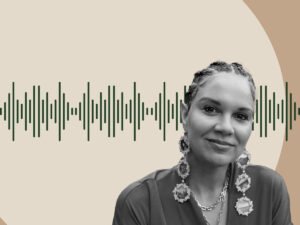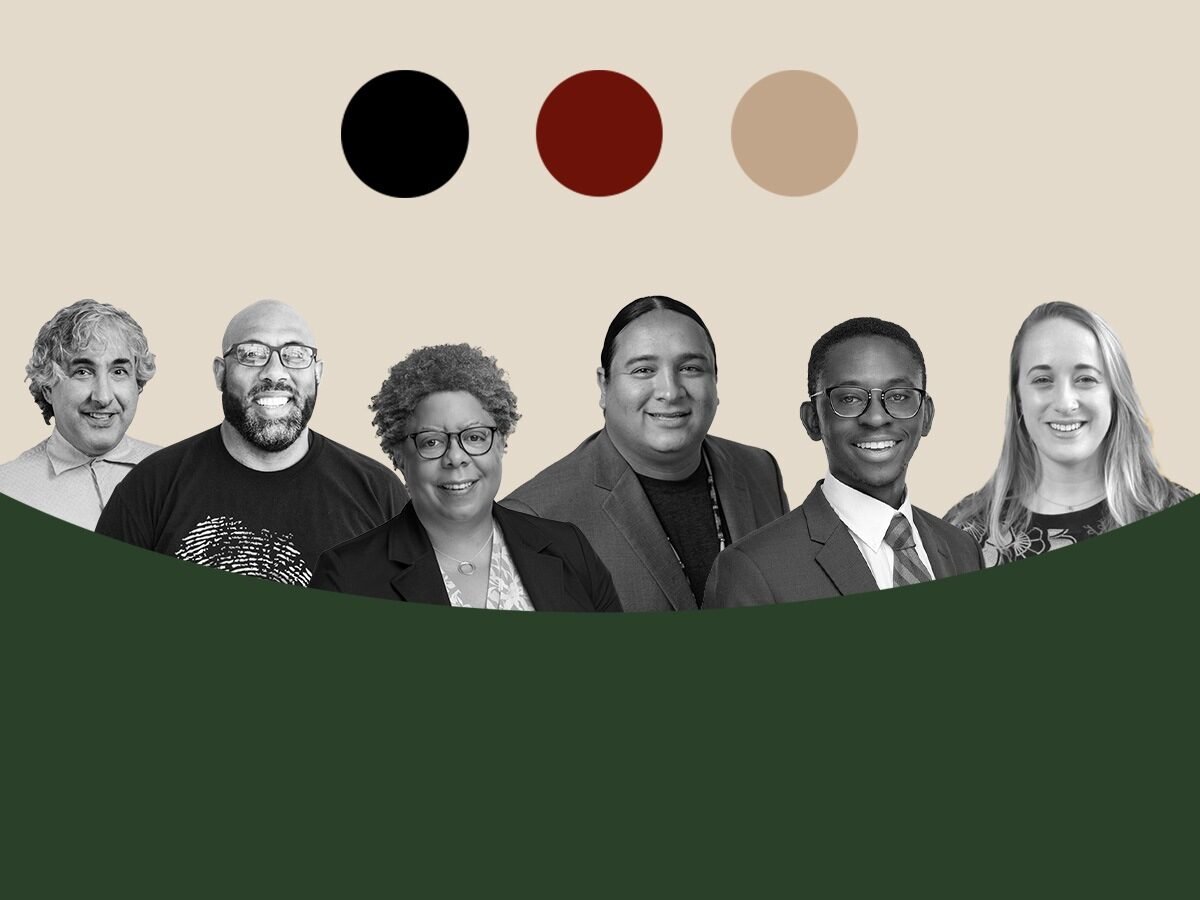Download the webinar slides and Dr. Sutton’s handout.
This special webinar in NPQ’s Remaking the Economy series takes a look at the state of economic democracy and the movement for economic justice in the wake of the 2020 elections. In this discussion, moderated by NPQ senior editor and director of economic justice Steve Dubb, are:
Dr. Gar Alperovitz, a historian, political economist, and cofounder of The Democracy Collaborative, based in Washington, DC, and the author of What Then Must We Do? Straight Talk about the Next American Revolution.
Laura Flanders, a New York City-based, award-winning journalist who hosts The Laura Flanders Show and was recognized this year by the Lannan Foundation for her body of work, which “helps the American public begin to imagine alternatives.”
Dr. Stacey Sutton, an associate professor of urban planning at the University of Illinois at Chicago, where she examines worker cooperatives, economic democracy, equitable development, and the racially disparate effects of place-based policy.
In the webinar, the panelists cover a wide range of issues. Among these are the following:
Sign up for our free newsletters
Subscribe to NPQ's newsletters to have our top stories delivered directly to your inbox.
By signing up, you agree to our privacy policy and terms of use, and to receive messages from NPQ and our partners.
- An overview of three ways US cities have begun to support worker cooperatives as a tool of community building and community economic development.
- The importance of lifting up community-building stories, including an example (taken from a clip for a public television show) of how in Buffalo a social movement addressing people’s needs has gained ground and built capacity over the course of the past decade.
- An analysis of what is required to build an institutional power base that can support community-building in both the political and economic spheres.
- How philanthropy in Chicago is supporting grassroots organizers folks working in advocacy and in the solidarity economy, helping resource movement building for racial and economic justice.
- An analysis of the growth and development of the movement of economic justice between 2008 and 2020, as well as continued shortfalls.
- Discussion of what it means to think systemically and how to connect that systemic vision to local action on the ground in the here-and-now.
- How participatory budgeting has opened up public allocations to much greater democratic public input in communities across the country, including large cities like Los Angeles and Fresno in California.
- How to think about the progress in movement-building over time, including metrics that you can track, such as the growth of community land trusts, worker co-ops, mutual aid networks, and so on.
- What the pandemic has taught us about the importance of health and safety at work and resiliency in the economy.
- The promise and potential perils of a “Green New Deal”—and what is required to ensure that investment in the green economy supports economic democracy building efforts.
- The challenges—and critical necessity—of multi-racial organizing as a strategy for achieving both racial and economic justice.
Resources:
Gar Alperovitz, “Building a Democratic Economy: Sketch of a Pluralist Commonwealth,” NPQ, April 14, 2020.
Steve Dubb, “After the Next Recession: The Search for an Economic Path Forward,” NPQ, February 19, 2020.
Steve Dubb, “Are We Ready Yet? The Need for a New National Direction,” NPQ, May 6, 2020.
Laura Flanders, “Making Buffalo Our City,” The Laura Flanders Show, October 23, 2020.
Emily Kawano and Julie Matthei, “System Change: A Basic Primer to the Solidarity Economy,” NPQ, July 8, 2020.
Stacey Sutton (2019), “Cooperative Cities: Municipal Support for Worker Cooperatives in the United States,” Journal of Urban Affairs.













